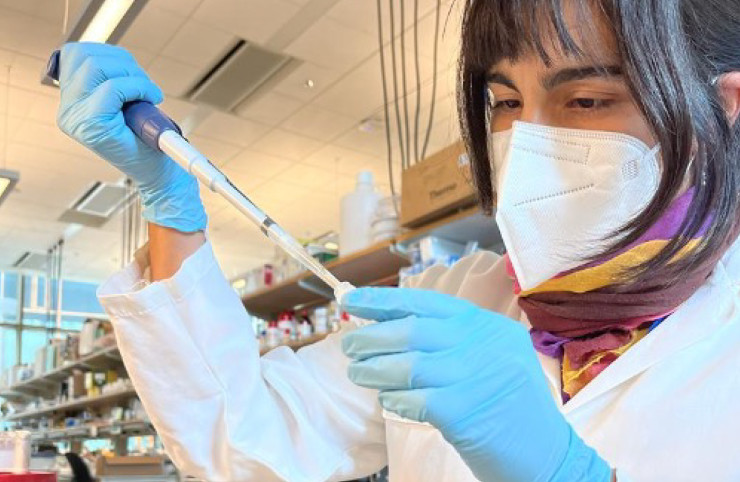 SCAR is committed to helping scientists in all of its Member countries to participate in understanding scientifically the physical, biological, chemical and geological processes at work in the Antarctic region, to use that understanding to predict change both there and elsewhere in the world, and to provide objective and independent advice to policy makers, especially the Antarctic Treaty System. To achieve that goal requires that efforts be made to raise national scientific capacities, especially in developing countries. SCAR is also committed to promoting the incorporation of Antarctic science in education at all levels.
SCAR is committed to helping scientists in all of its Member countries to participate in understanding scientifically the physical, biological, chemical and geological processes at work in the Antarctic region, to use that understanding to predict change both there and elsewhere in the world, and to provide objective and independent advice to policy makers, especially the Antarctic Treaty System. To achieve that goal requires that efforts be made to raise national scientific capacities, especially in developing countries. SCAR is also committed to promoting the incorporation of Antarctic science in education at all levels.
The SCAR CBET Committee was established to address these goals and to help Members’ scientists achieve the following objectives:
- to engage in high quality international scientific research;
- to benefit from SCAR’s activities;
- to make best use of data and information;
- to provide objective and independent scientific advice to their own governments;
- to make best use of Antarctic examples to illustrate key scientific principles in schools and universities.
The SCAR CBET committee also provides different mentorship programs: For mentoring, see the Fellowships Mentoring page.

